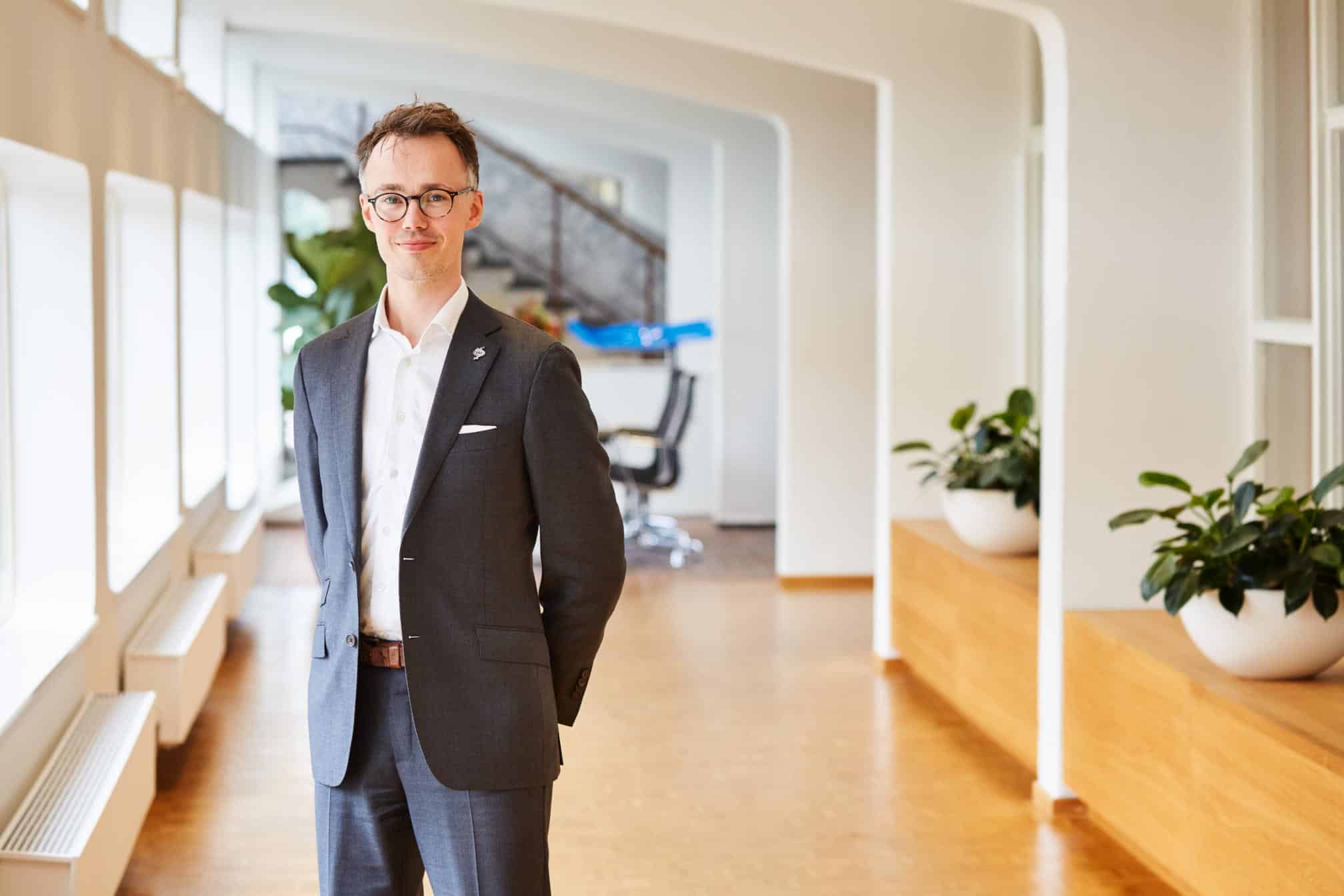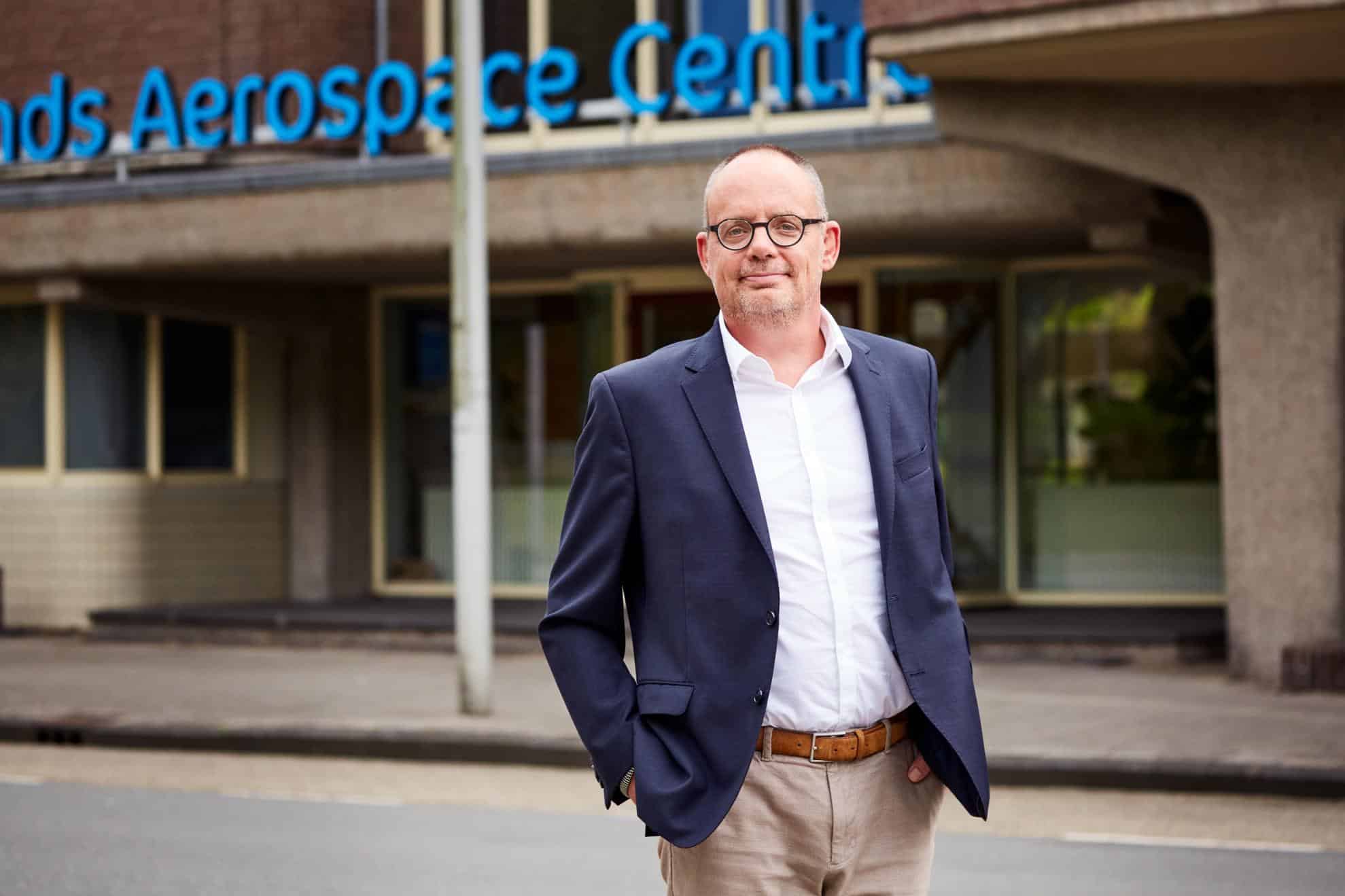
To successfully translate Europe’s technology and science into innovations with societal impact, much more money is needed than the 100 billion the European Commission has now proposed in the Horizon Europe programme. EuroTech Universities, a collaboration between the Technological universities of Munich, Eindhoven, Lausanne, Paris, and Copenhagen, has composed a declaration in which it explains why “at least €120 billion, or even €160 billion” is needed.
“The proposed budget increase for R&I to €100 billion in the Multiannual Financial Framework for 2021-2027 is highly welcomed, but not ambitious enough to deliver the programme’s objectives of providing a major impetus to Europe’s future prosperity and well-being”, the declaration states. “A major additional increase for the budget for Horizon Europe to at least €120 billion, or even €160 billion is needed to deliver the European Research Area.”
The EuroTech Universities Alliance is a strategic partnership of leading universities of science and technology committed to excellence in research and jointly developing solutions to the grand challenges of society. The members are Technical University of Denmark (DTU), École Polytechnique Fédérale de Lausanne (EPFL), École Polytechnique (L’X), Eindhoven University of Technology (TU/e) and Technical University of Munich (TUM). By “promoting in-depth collaboration across research and education, as well as nurturing innovation and entrepreneurship”, the Alliance wants to combine the complementary strengths of its members “to achieve multiscale initiatives of high impact to society and industry”.
EuroTech is addressing the three pillars of Horizon Europe: Open Science, Global Challenges and Industrial Competitiveness, and Open Innovation. On all three, the collaborating universities want the European Commission to do more than proposed.
The EuroTech Universities Alliance also asks for a stronger modernization of universities (“e.g. how to best embrace Open Science, how to promote attractive research careers, how to implement innovative doctoral training, how to promote an entrepreneurial culture and successful technology transfer activities, to name just a few”).
According to EuroTech, there is currently no meaningful instrument at EU level to promote collaboration. “With Horizon Europe, there is a unique opportunity to develop more systematic, comprehensive and long-term support for the definition and implementation of collaborative, bottom-up, cross-border initiatives to drive the modernization agenda.”








